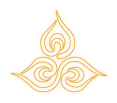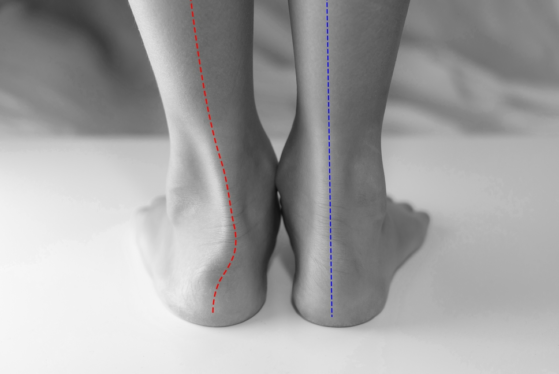
Biomechanics Assessment
A gait and biomechanics assessment is used to identify any pain in the lower limbs that may be caused by abnormal movement.
Suffering from pain or discomfort in your feet is likely to impact your day-to-day activities. If you’re experiencing lower limb issues, it’s important to contact a biomechanical podiatrist for a biomechanics assessment and treatment if necessary.
Why do I need a biomechanics assessment?
Humans are very rarely symmetrical, so the body will try to compensate for the asymmetry. This can cause issues with your lower limbs and back over time.
A sport’s injury can often result in added stress being put on joints, ligaments and muscles – causing discomfort when exercising or just in everyday life.

There are a number of foot issues, caused by lifestyle habits or injuries like these, that could result in the need for an assessment, such as:
- Plantar Fasciitis
- Achilles Tendonitis
- Heel pain
- Injury to the foot
What happens in a biomechanics assessment?
At the AGM Centre in St Albans, we offer gait analysis, using techniques to help analyse and evaluate your posture and movement. Our biomechanic podiatrists will analyse and evaluate your feet to observe you both moving and standing still.
During the biomechanics assessment, we will analyse the behaviour of the spine, hips and knees. The results of the assessment help us to advise on treatment.
Treatment
After your biomechanics examination, we will advise on the best course of treatment for your lower limb issue.
We will also give footwear advice and recommendations to help alleviate your symptoms.
Orthotics and insoles
Orthotics are shoe inserts that are prescribed by a biomechanical expert. They have been designed to correct foot issues that have resulted in pain of the lower limbs, spine or hips.
Orthotics are also commonly used to treat pain caused by Plantar Fascitis, arthritis or flat feet.
Inserts that are non custom made can be bought over the counter and inserted into your shoes; however custom orthotics are designed to treat your discomfort on an individual basis. As well as being bespoke to you, custom made orthotics are made with high quality materials that last several years with proper care.
There are different types of orthotics available:
- Rigid orthotics: These are made from a hard material, such as carbon fibre. They’re often best for use with walking shoes or dress shoes with a closed toe and low heel. After a biomechanics assessment, a podiatrist may decide upon a rigid orthotic to ease strains on your legs or lower back.
- Soft orthotics: These are made from a soft, cushioning material that relieves pressure from sore spots on the feet. Soft orthotics are a popular choice for conditions such as Plantar Fasciitis.
Footwear advice
The shoes you wear can have a significant impact on your movement, and any lower limb issues you may experience.
One size does not fit all! That’s why we always offer footwear advice on an individual basis.
Contact us
If you’re suffering from foot issues, or think you need a biomechanics assessment – we can help.
Alternatively, if you’re suffering from another foot issue that requires treatment from a chiropodist, you may benefit from our podiatry services.
Please send a message below and one of our experts based in St Albans will be in touch.
Podiatry Enquire Form


Our Podiatrist will attend to your feet and discuss what further treatment if required